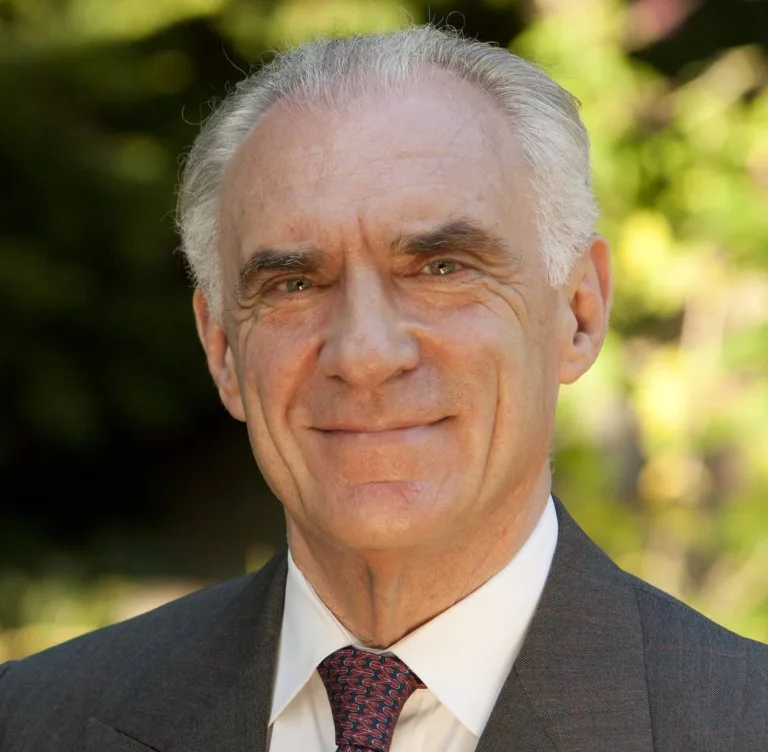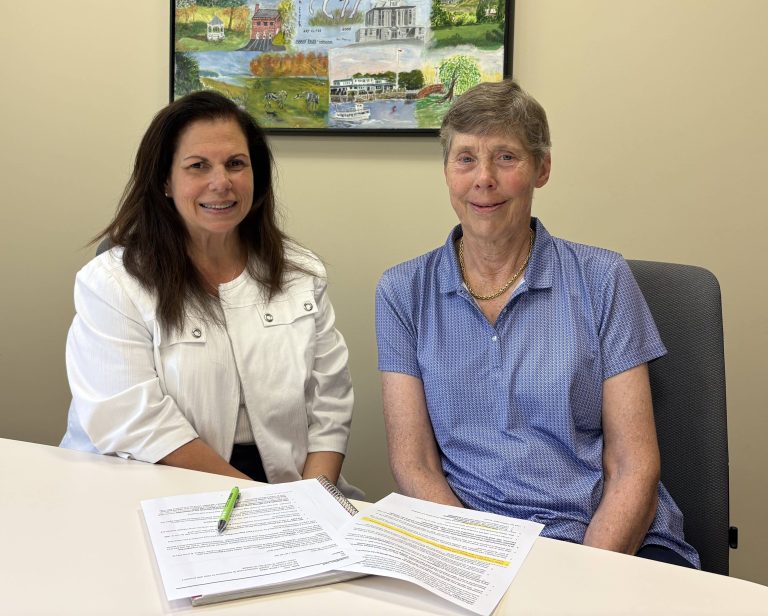
In case you missed it, and no one would blame you if you did, there was a one-day special legislative session this week. The purpose was for the legislature to vote to override seven bills that Governor Dannel Malloy recently vetoed this past legislative session.
Tere was not much news about the special session. That is because it was about as eventful as watching grass grow. It was a snoozer! In fact, it was only newsworthy because of what did NOT happen.
Seven bills that had originally passed both chambers of the legislature with overwhelming bipartisan support, and even several with unanimous support, failed to garner enough support to override the Governor’s vetoes. Why?
Some of the bills originally passed were good, common sense legislation. Seemingly, that is why they enjoyed overwhelming support from both sides of the isle. These bills would have protected teachers and our towns, our children and our pets, and even allowed for ease of registering to vote on the day of an election. The bills had the support of unions, municipalities and manufacturers. It is not often that you see those three constituencies united in support.
We are having trouble following the logic train here. If legislation passed by overwhelming majorities, we assume that the constituencies of those elected want that legislation to pass. We do not understand why the Governor would unilaterally veto those pieces of legislation. It seems very arbitrary to us and perhaps even punitive.
We were encouraged when a special session was called to override the vetoes and assumed, wrongly as it turns out, that some, if not all, of the votes would be overturned. Certainly, the legislature would not go through the expense of holding a special session if they did not have the votes to overturn the vetoes. At least, that is what we thought.
So what happened between the passing of the original legislation and the failure to overturn the vetoes? We would like to know. Granted it takes a higher threshold to overturn a veto compared to simply passing legislation; it takes a supermajority, which is two-thirds support of the House and Senate, compared to a simple majority. But that still does not explain how legislation that passed both houses unanimously could not garner two-thirds support to overturn a veto.
We have, for many years, called for greater bipartisanship in Hartford. For too long, one party had near total control over the House, Senate and Governor’s office. When the ratio of Democrats and Republicans representing communities across the state grew more balanced, we began to witness a thaw in partisan battle lines based solely on party affiliation.
We began to see a willingness, even a desire, to put party affiliation aside and vote for what was best for our state. Moderate Democrats who recognized the need to put our state’s financial house in order worked with Republicans to create a bipartisan budget that does not rely on gimmicks, duck-tape and twine. For the second year in a row now, Republican and Democrats together have created a budget that is based not on the fallacy of taxing ourselves to solvency, but rather on the common sense approach of not spending beyond our means.
So, then, what happened during this special session? What happened to the original bipartisanship that passed these pieces of legislation? How was the most unpopular Governor in the country, whose own party members are distancing themselves from him, able to exert such arm-twisting strength that not one of his vetoes could be overturned for the betterment of the state? We would like to know.





